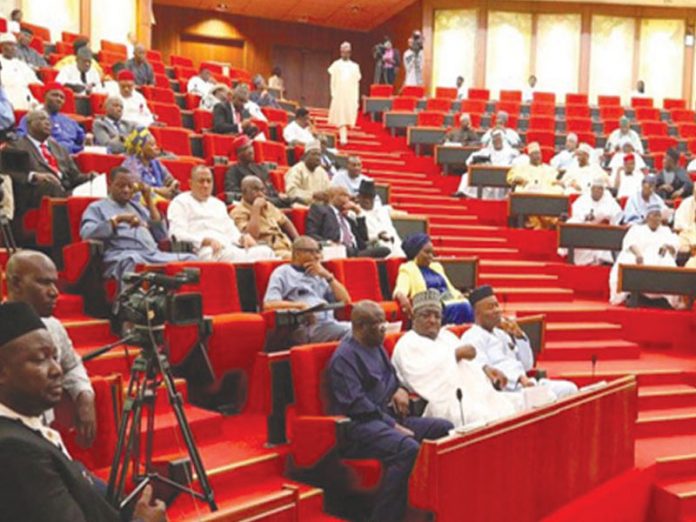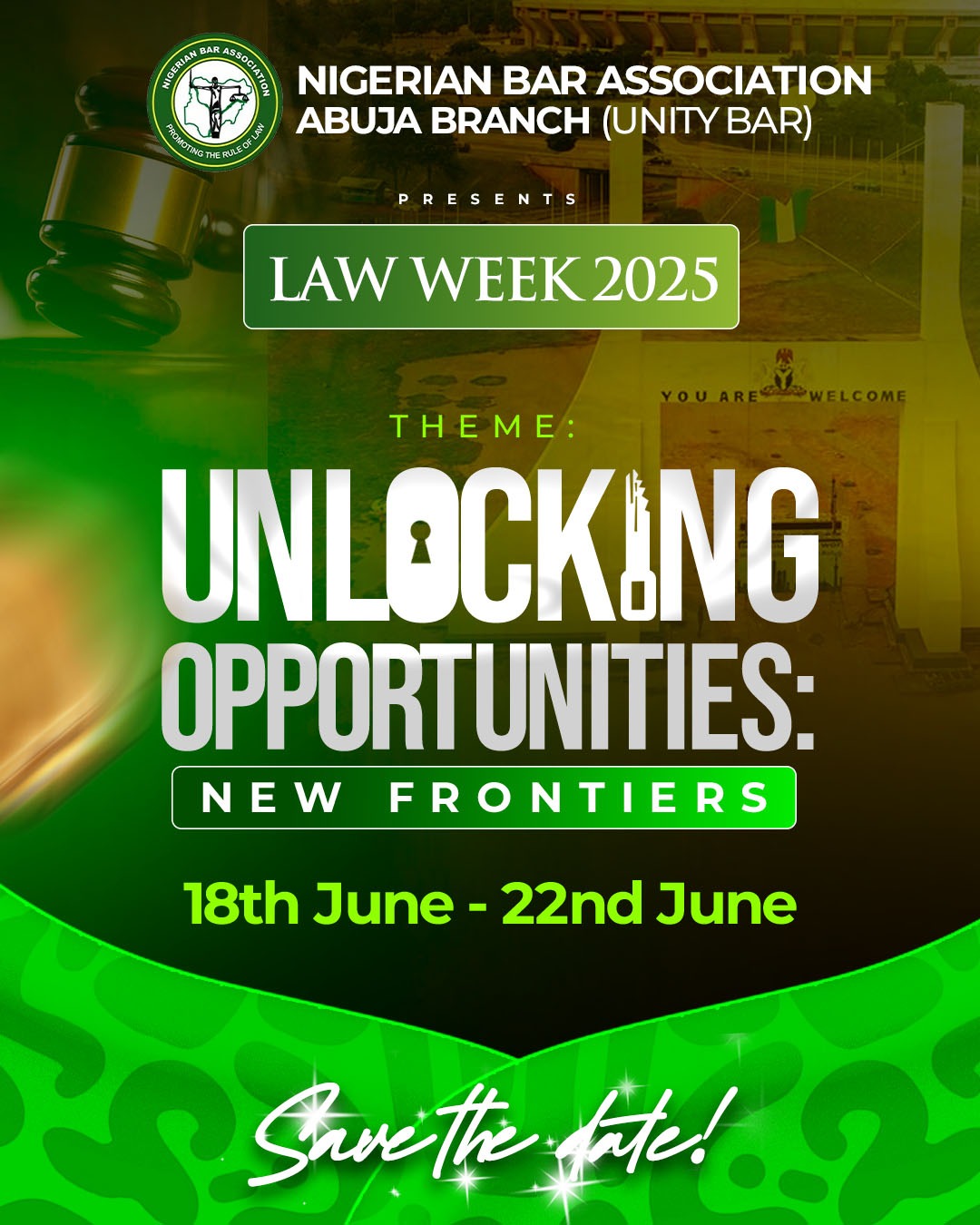Restructuring of the federation is long overdue, writes Sonnie Ekwowusi
Last week, the Senate Ad-Hoc Committee on the Review of the constitution, which has commenced the process of further amendment to the provisions of the 1999 Constitution (as amended), formally requested the general public, executive and judicial bodies, civil society and others to submit memoranda for further amendment on the following subject matters of the constitution – gender equality; federal structure and power devolution; local government/local government autonomy; public revenue; fiscal federation; public revenue/fiscal federal and revenue allocation; Nigeria Police and Nigerian security architecture; comprehensive judicial reforms; electoral reforms; socio-economic and cultural rights; strengthening the independence of oversight institutions and agencies; residency and indigene problem; immunity; the National Assembly; state creation and other matters capable of promoting good governance in Nigeria.
Undoubtedly the aforesaid constitutional amendment if pursued with probity, earnestness and sincerity of purpose, might assuage the hunger for actualization of the sovereignty of Biafra, dampen the quest for Oduduwa Republic and other secessionist clamours. Politics apart, restructuring of the Nigerian federation is overdue. The fact remains that the deep-seated political, economic, social and cultural imbalances plaguing the Nigerian enterprise right from Nigeria’s independence in 1960 or even before have engaged the attention of both successive Nigerian governments and the Nigerian people. For example, all the constitutional conferences that were held in Nigeria, from the 1957 Conference, 1994/1995 Constitutional Conference, 2005 National Political Reform, 214 Constitutional Conference to the Oputa Panel Report (which unfortunately is yet to be released to the public let alone implemented ) were all geared towards addressing and remedying these imbalances in the Nigerian federation. It is apposite to affirm that the Nigerian crisis is a crisis of failed federalism. Historically, the 1914 amalgamation wrought by the British was to further accentuate her selfish interests in the colony. The amalgamation was a potpourri or assemblage of irreconcilable ethno-religiously and culturally diverse kingdoms and nationalities. That was why the concocted amalgamation failed on arrival. It was a forced marriage that was, at the outset, bound to wobble. Owing to the clear absence of espirit de corps and cohesion amongst the nationalities which were forcefully amalgamated, Chief Obafemi Awolowo had referred to Nigeria as a “mere geographical expression”. With all the natural resources and minerals at the disposal of different regions at independence, everything was working well for Nigeria. But it was short-lived. Under the pretext that it was a corrective and cleansing regime, the military (during the military interregnum) perpetuated indescribable atrocities in Nigeria. Apart from institutionalizing official corruption in Nigeria, the military destroyed the hitherto viable national institutions and systems in Nigeria especially the educational system. The current 1999 Constitution (which is substantially similar to 1979 Constitution) is General Abdulsalam Abubakar’s military constitution, not the much-vaunted people’s constitution. It is not autochthonous constitution. No inputs from the people who are supposed to be the sovereign in presidential democracy. Simply put, the 1999 Constitution is an inconvenient, inequitable constitutional contraption being used to perpetuate injustices in Nigeria. The constitution over-concentrates power (as could be gleaned from the long list of federal powers in the Exclusive List of the Constitution) in the hands of the federal government thus leaving the federating units at the mercy of the federal government.
This is the main reason for the consistent clamour for a people’s constitution and, by extension the restructuring of Nigeria. You will recall that in Suit No. FHC/ABJ/CS/367/2007, Chief Anthony Enahoro, Prof Wole Soyinka, Ikemba Odimegwu Chukwuemeka Ojukwu, Chief Ralph Uwazurike, Yerima Shetima and others had dragged the federal government to the Federal High Court in 2007 to, inter alia, challenge the legitimacy of the 1999 Constitution. In fact, one of the declarations being sought by the plaintiffs in the aforesaid suit is that the following words, “We the people of the Federal Republic of Nigeria…do hereby make, enact and give to ourselves the following Constitution” is a big lie because there was no time the Nigerian people met either directly or indirectly to enact for themselves the people’s constitution. Recently, eminent socio-cultural leaders from South-South, South-East and Middle-Belt represented by Chief E. K. Clark, Chief Rueben Fasoranti, Dr. John Nwodo and others, have, in suit No. FHC/ABJ/CS/595/2020, equally dragged President Buhari to the Federal High Court claiming, inter alia, the sum of N50 billion over marginalization of the people of the region in the appointments to security, quasi-security agencies and strategic agencies of government. Why this suit? Because President Buhari’s political appointments are skewed in favour of the North. And President Buhari unabashedly says that nobody should begrudge him for doing that because he is giving 95% to those who voted for him. Is this not a hate speech? How can a President of the whole country single out a section of the country for marginalization and punishment on the allegation that they did not vote for him at the last elections? Of the 14 current heads of security agencies in Nigeria, 11 are from the North, two from South-West, one Chief of Naval Staff from the South-South, none from the South-East. Is this not marginalization per excellence? The nauseating aspect is that when some youths from the same marginalized South-East organize a peaceful gathering, armed soldiers are dispatched to kill them as occurred at Emene, Enugu last week. Mind you, the Emene killing of unarmed civilians is not the first of its kind. On February 9, 2016 the Nigerian soldiers shot and killed countless unarmed pro-Biafra civilians who were peacefully holding prayers inside the football field of Ngwa High School, Aba in Abia State. The photographs of the murdered victims were circulating on whatsApp at a time. Then on May 30, 2016, over 30 Igbo civilians were killed and many injured by the military after the several clashes involving the military, police and members of IPOB and MASSOB at Nkpor-Agu, Niger Bridge, Onitsha and Asaba respectively. The question begging for an answer is: why shoot and kill defenceless civilians holding peaceful prayer or meeting or rally? The paradox is that the same soldiers and security agents who would not dare arrest the murderous Fulani herdsmen let alone open fire on them would readily turn around to open fire and kill unarmed civilians.
This is why Nigeria must be restructured. If you don’t want Biafra, Oduduwa Republic, Mid-West and so forth, do the right thing: eliminate nepotism and provincialism that breed secessionist and separatist agitations. Stop killing unarmed civilians. Correct the lop-sided political appointments. Allow the citizens to exercise their right to freedom of religion. Appoint competent technocrats to run the government irrespective of their tribes and tongues. Let commutative justice reign.
thisdaylive.




